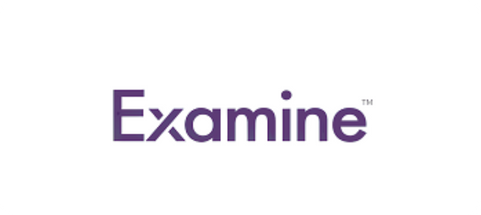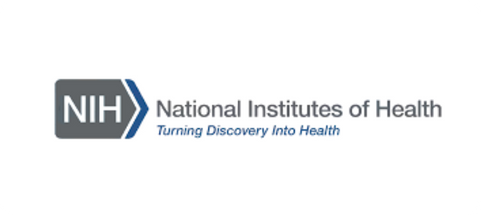Science-Backed Recovery
Still Sore from Monday?
Time to Level Up Your Recovery Routine.
Recovery of the Gods – Muscle Recovery & Repair Supplement
Recovery of the Gods – Muscle Recovery & Repair Supplement
ALL 9 ESSENTIAL AMINO ACIDS + MORE
Fuel your body with a complete amino acid supplement for total recovery support.

MUSCLE REPAIR & PROTEIN SYNTHESIS
Kick-start muscle repair, growth, and faster bounce-back.

NATURALLY SWEETENED, ZERO JUNK
No artificial sweeteners, fillers, or gimmicks, just clean recovery fuel.

NUTRIENT ABSORPTION & BLOOD FLOW
Optimised for nutrient uptake and circulation, delivering recovery where it’s needed most.
Description
Description
Your workouts don’t take a day off, and your recovery shouldn’t either. Recovery of the Gods: Ultimate EAA is a full-spectrum amino acid supplement designed to give your body exactly what it needs to repair, rebuild, and bounce back faster. Packed with all 9 essential amino acids plus electrolytes, it’s your ultimate post-workout edge.
💪Muscle Repair & Protein Synthesis: Branched-chain amino acids (leucine, isoleucine, and valine) kick-start repair and growth, helping reduce soreness and support bigger gains.
⚡Enhanced Recovery: Replenish the raw materials your muscles need, cut down downtime between sessions, and stay ready for whatever’s next.
💧Hydration & Performance Boost: Electrolytes and betaine support cellular hydration, maintain power output, and keep performance high during long sessions.
🍃Optimised Nutrient Absorption: Patented AstraGin® improves nutrient uptake so your muscles actually get what they need.
Perfect for intense trainers, athletes, and plant-based athletes who want faster recovery and stronger next-day performance.
How To Use
How To Use
Getting your muscles the support they need is simple. Mix 1–2 scoops with 500ml of water—adjust to taste, and sip during or after training for maximum recovery. Want an extra boost? Take it anytime your body needs a hit of amino acids and electrolytes to stay strong, hydrated, and ready for your next session.
💡Pro Tip: For best results, stay consistent with your dosing and pair with a balanced diet to fuel real progress.
Nutritional Information
Nutritional Information

Flavours Explained
Flavours Explained
Prometheus’ Watermelon: A juicy, mouth-watering watermelon flavour with a clean finish.
Poseidon's Pine Mango: A tropical blend of sweet golden mango and tangy pineapple, as bold and refreshing as an ocean breeze.
Ajax’s Apple: A sharp, crisp green apple hit with just enough sweetness to make it dangerously drinkable.
Minotaur’s Mixed Berry: A punchy mix of ripe strawberries, blueberries, and raspberries.
What Our Hercules Family Are Saying
What Our Hercules Family Are Saying
We analysed thousands of verified reviews to uncover exactly what our customers love and what’s actually delivering results.
This isn’t theory. It’s real feedback from real people getting real outcomes.
90% felt less sore the next day after training
85% reported improved training recovery over 2 weeks
93% said they could train more frequently without fatigue
96% noticed better hydration and muscle fullness
20,000+
500,000+
1M+
100+








The Science Behind Our Amino Acid Supplements
Fuel Your Muscles, Power Your Comeback
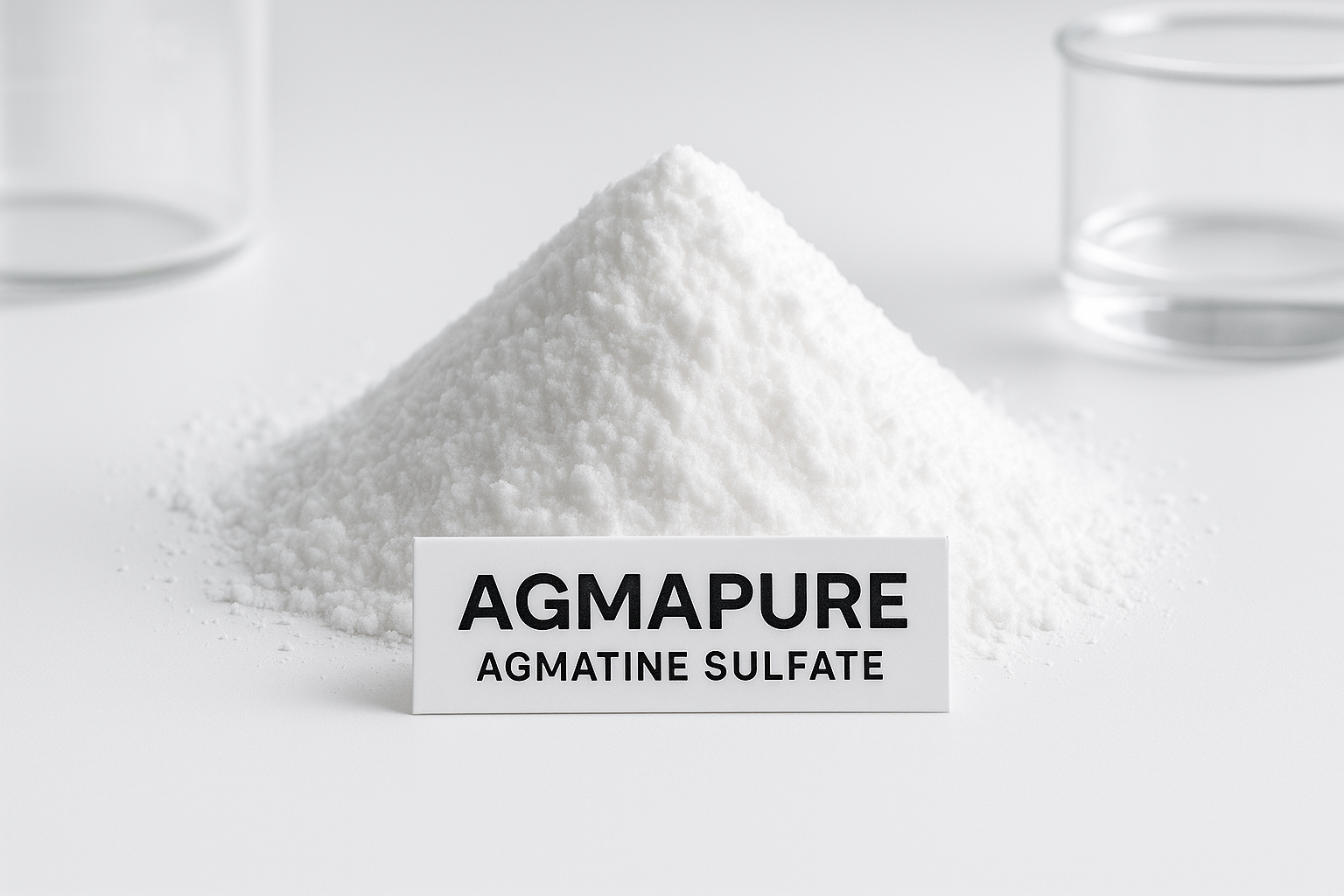
Agmapure®
A purified form of agmatine sulfate, Agmapure® supports healthy circulation and vascular function by influencing nitric oxide pathways. In training, this means bigger muscle pumps, improved nutrient delivery, and faster recovery. It may also support cognitive function, mood, and metabolic balance, making it a versatile addition for performance and wellness.
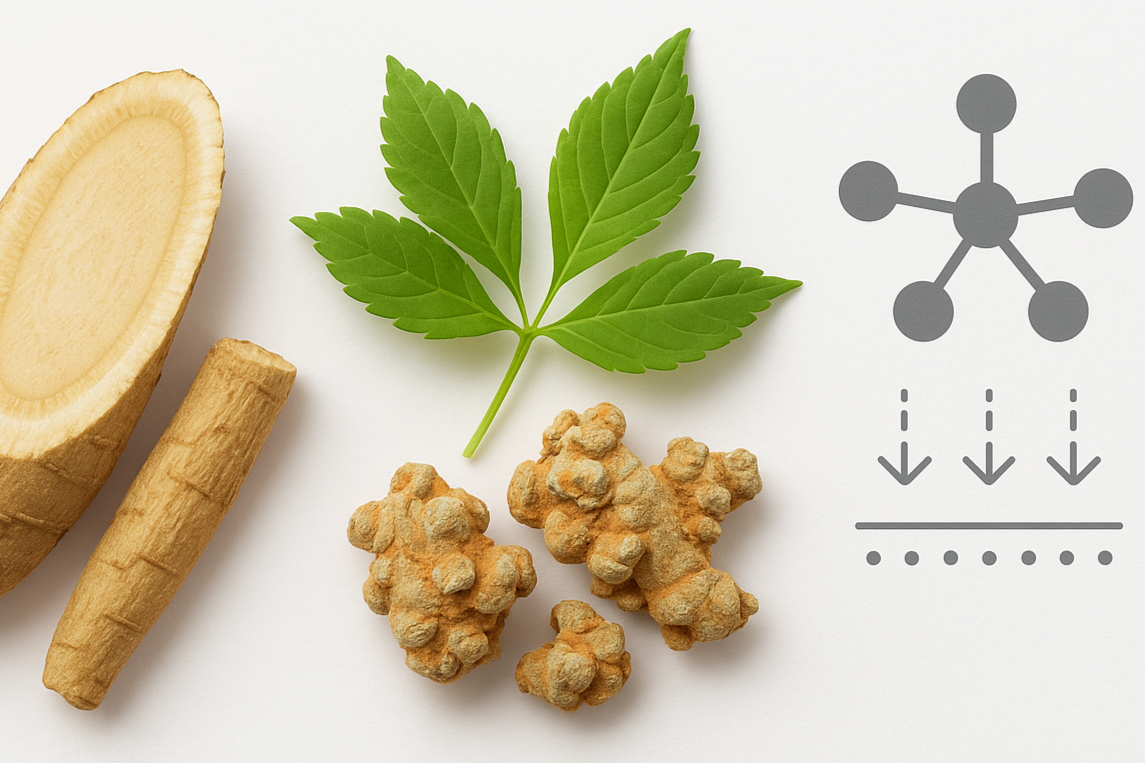
Astragin®
This patented blend from Astragalus membranaceus and Panax notoginseng enhances nutrient absorption and bioavailability. By helping your body take in amino acids, vitamins, and minerals more efficiently, Astragin® ensures your muscles actually get the fuel they need while supporting gut health and digestive efficiency.
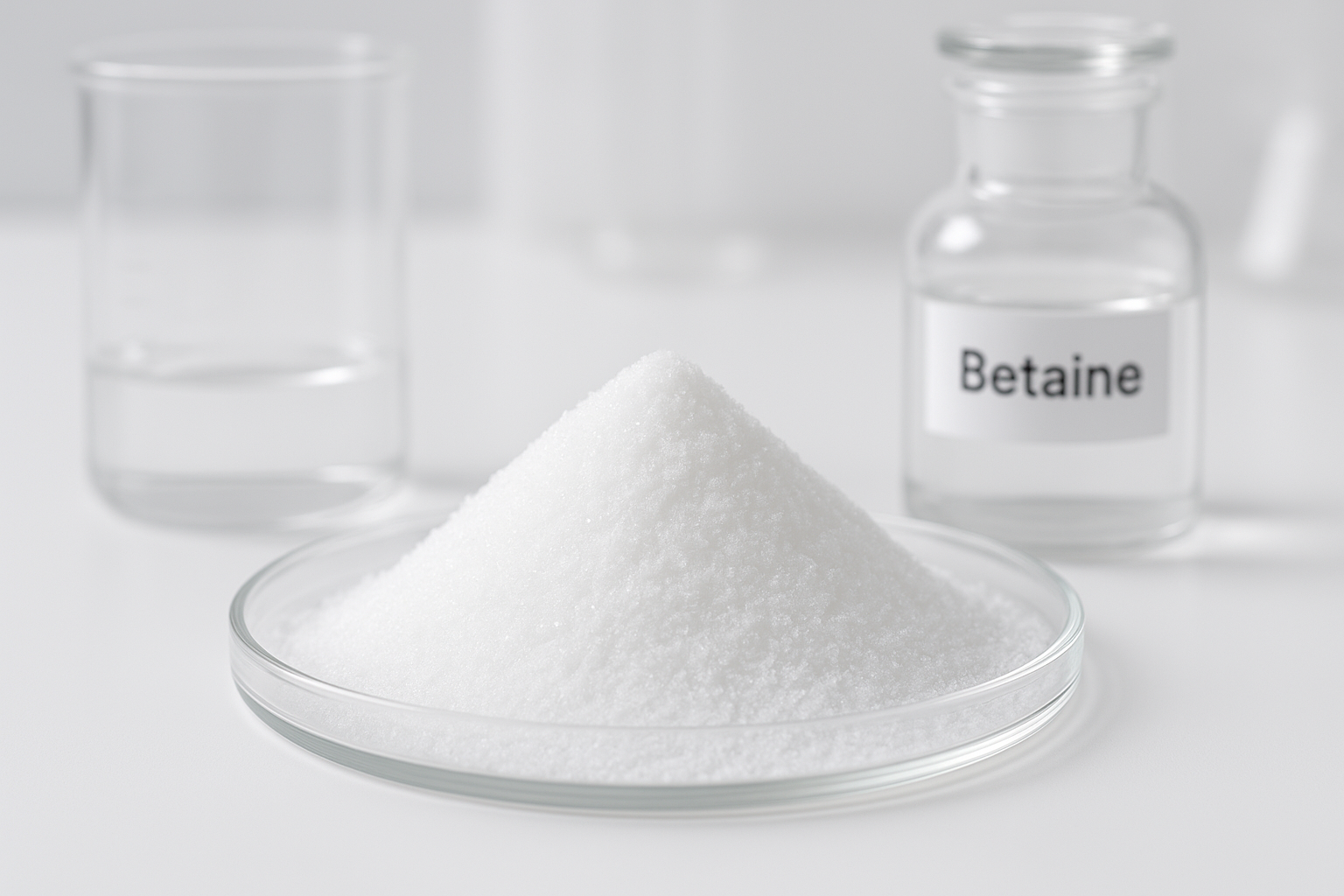
Betaine (TMG)
Betaine helps with cellular hydration, protein synthesis, and muscle endurance. It can support strength, power output, and lean muscle development, while also promoting overall cellular health and liver function, benefiting both athletic performance and long-term wellness.
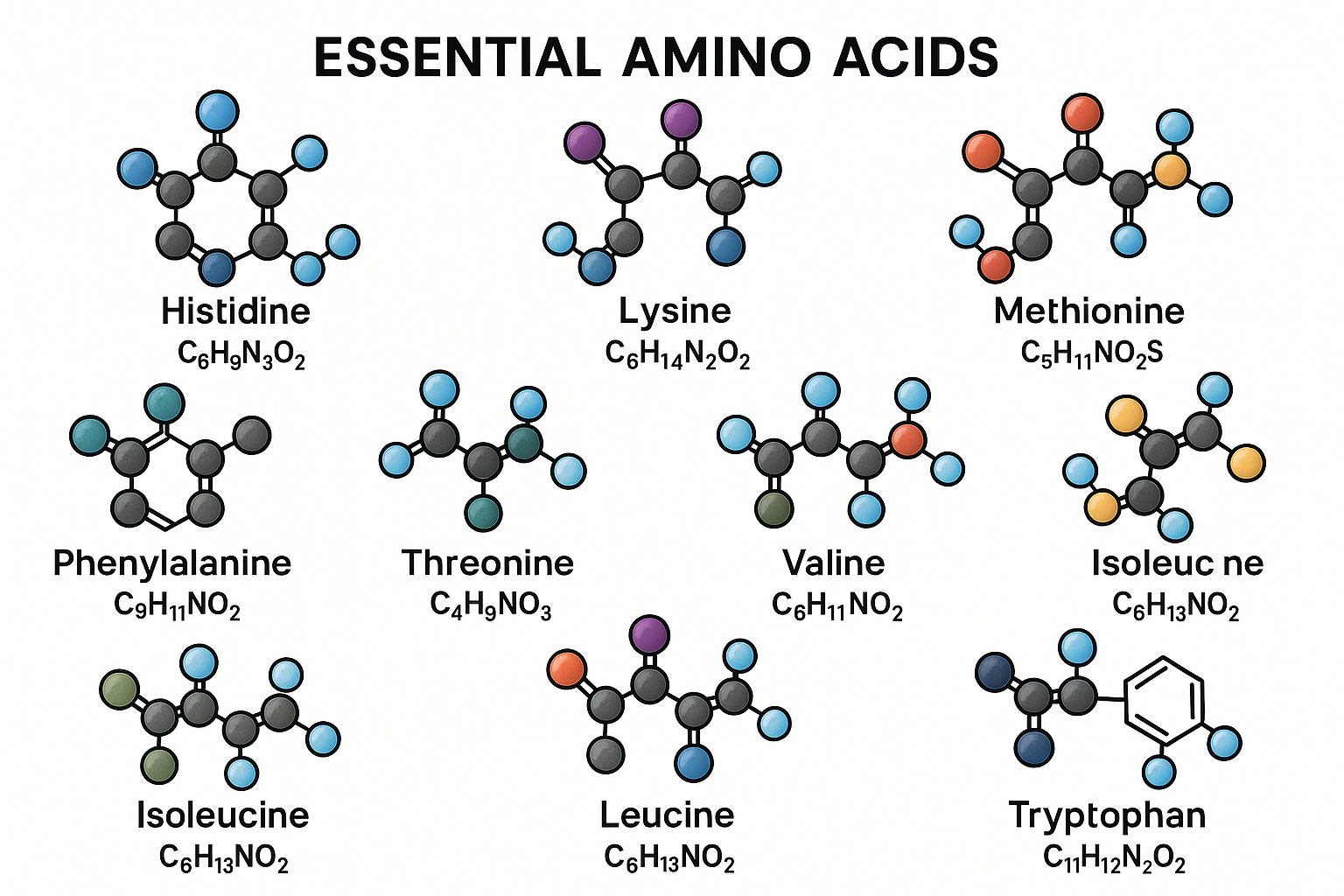
Essential Amino Acids (EAAs)
The 9 EAAs are the building blocks of protein, essential for muscle repair, growth, and recovery. They also support energy production, immune function, and overall training performance, making them the core of post-workout recovery.
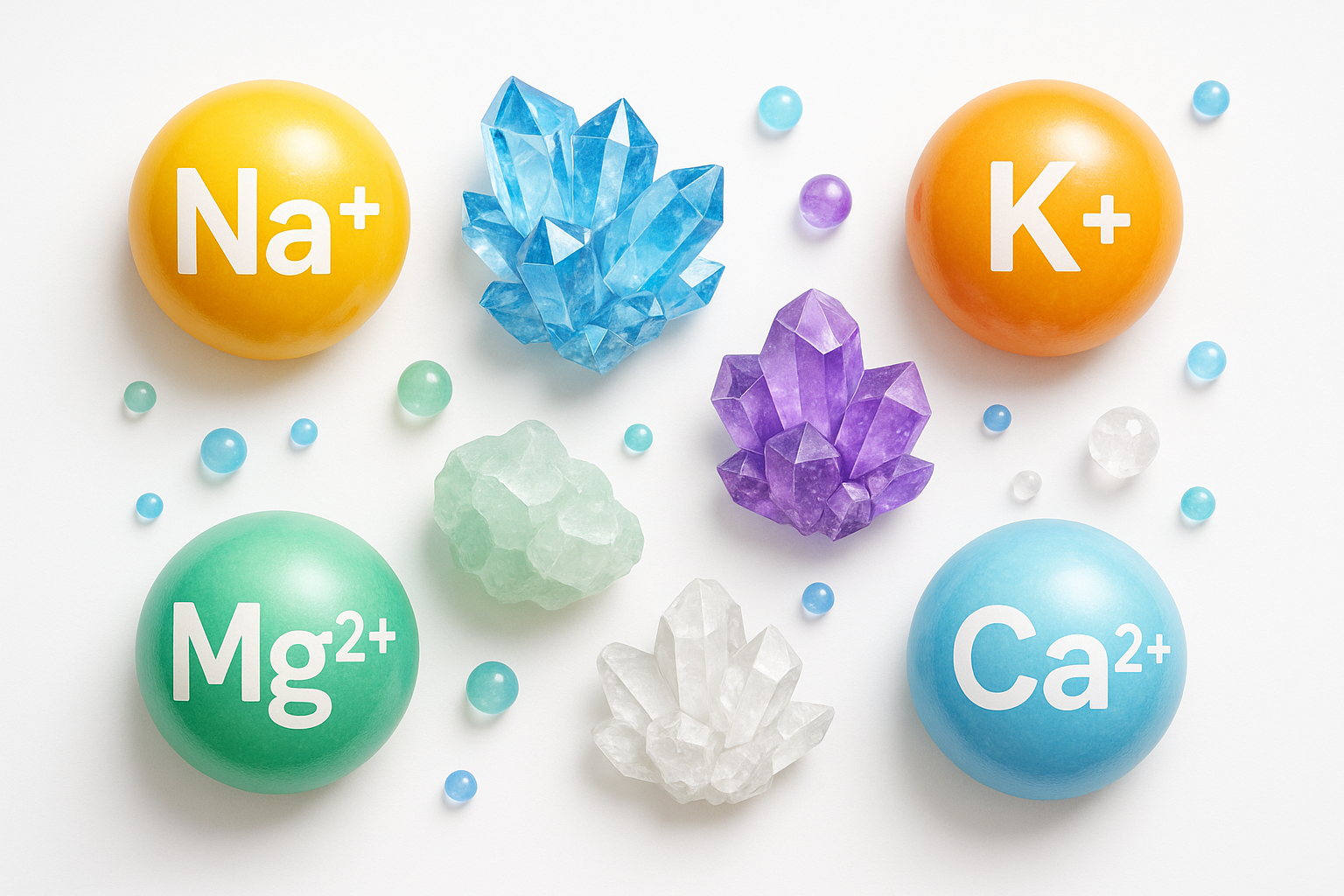
Electrolytes
Sodium, potassium, magnesium, calcium, chloride, and phosphate help regulate hydration, nerve signaling, and muscle function. They reduce fatigue, prevent cramping, and ensure optimal nutrient transport, keeping you performing at your best and recovering faster.
Why Our EEA Recovery Aid?
Repair. Rebuild. Repeat.

Ingredients Featured In
Frequently Asked Questions
When is the best time to take Recovery of the Gods: Ultimate EAA?
When is the best time to take Recovery of the Gods: Ultimate EAA?
For optimal results, sip out amino acid supplement during your training session or immediately post-workout. This helps support muscle protein synthesis when your body needs amino acids most. You can also take it anytime for added recovery support.
Can I stack it with other supplements?
Can I stack it with other supplements?
Yes! This amino acid supplement pairs perfectly with other Hercules products likeEnergy of the Gods (high stim),Pump of the Gods (non-stim), orBurn of the Gods: Ultimate Shred. Just avoid taking it with other amino acid supplements to prevent excessive intake.
Does it replace protein powder?
Does it replace protein powder?
No, this EAA supplement complements your protein intake. While it provides fast-absorbing amino acids, whole protein sources remain essential for overall nutrition.
Is it suitable for vegans and vegetarians?
Is it suitable for vegans and vegetarians?
Absolutely! It’s a vegan-friendly amino acid supplement with no animal-derived ingredients.
How does it compare to getting amino acids from food?
How does it compare to getting amino acids from food?
Whole foods are important for overall nutrition, but supplements provide rapid absorption and precise dosing, making them ideal for post-workout recovery and consistent daily support.
Does it help with soreness (DOMS)?
Does it help with soreness (DOMS)?
Yes, ingredients like EAAs, Taurine, and Betaine help reduce post-workout soreness and support faster recovery.
Why does it contain coconut water powder?
Why does it contain coconut water powder?
Coconut water powder naturally replenishes electrolytes, supports hydration, and helps maintain muscle function during and after training.
Is it sugar-free?
Is it sugar-free?
Yes! It’s naturally sweetened with Thaumatin, contains no added sugar, and is low in calories—perfect for clean recovery.
Who can benefit from this supplement?
Who can benefit from this supplement?
Recovery of the Gods is ideal for:
- Athletes and gym-goers training intensely or regularly
- Plant-based or vegan athletes
- Anyone who wants to reduce soreness and recover faster
- Active individuals who struggle to meet amino acid needs through diet alone
What makes this different from a BCAA supplement?
What makes this different from a BCAA supplement?
Unlike basic BCAA blends (which only contain 3 amino acids), this formula provides all 9 essential amino acids, plus electrolytes and performance-supporting compounds, for complete muscle recovery, repair, and growth.
Are there any side effects?
Are there any side effects?
When used as directed, EAAs are generally well-tolerated. Start with the recommended dose, stay hydrated, and consult a healthcare provider if you have any concerns.
How should I use it?
How should I use it?
- Mixing: 1–2 scoops with 400–500ml of water (adjust for taste)
- Timing: During or immediately post-workout, or anytime for added recovery
- Storage: Keep in a cool, dry place away from sunlight
- Stacking: Can be combined with other Hercules Supplements products






























